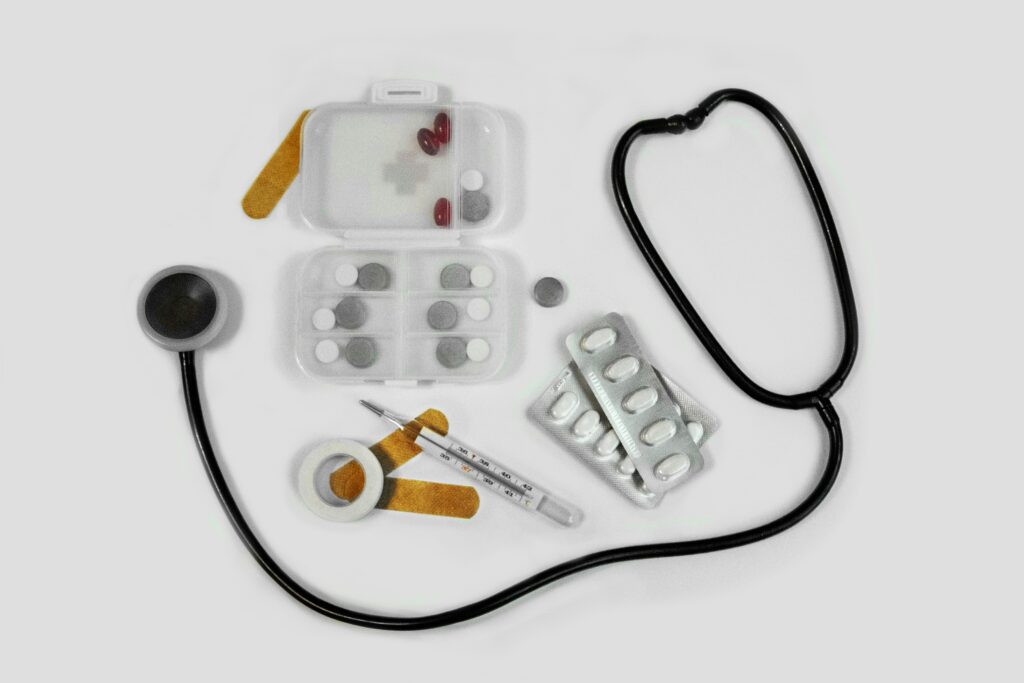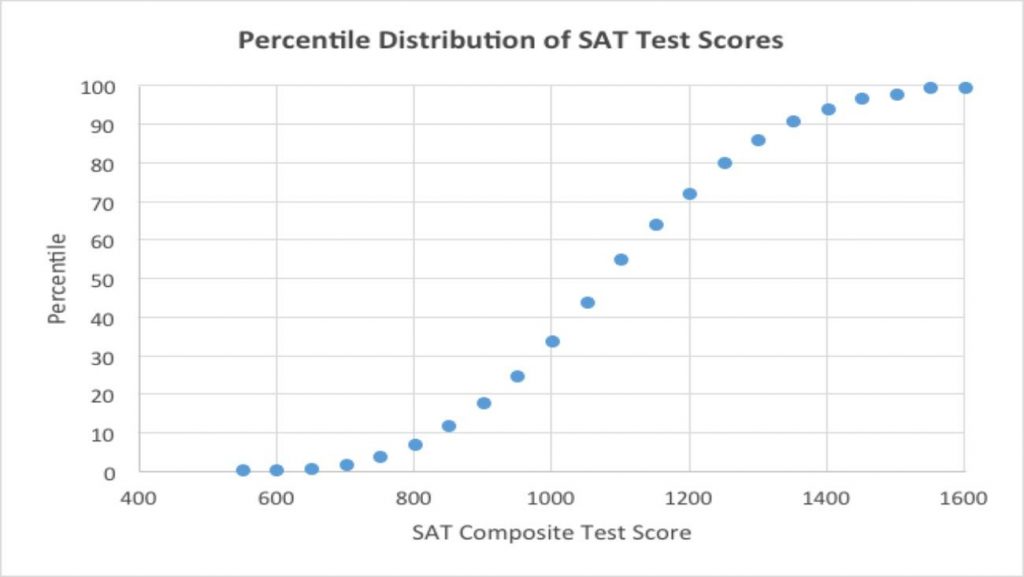Discover Your Path in Biological Sciences
Discovering your path in biological sciences? Whether you’re applying to private colleges or hoping to attend a high-quality public university, it’s important to put some thought into planning your path forward in biology so you can get accepted to your dream school.
Hello, my name is Miguel Barranco-Original. I am currently in the midst of applying to medical school and hope to stay here in California to study/practice medicine. My end goal is to become a trauma surgeon and physician that advocates for underserved communities, whether it be via programs, outreach, or education.

Biological Science Classes in High School
My interest in biology/medicine initially stemmed from my Anatomy and Physiology course in high school. I vividly remember the smell of formaldehyde during our two-week cat dissection. While many of my classmates became nauseous due to the stench, I actually enjoyed it! To me, formaldehyde smelled like bravery as I boldly cut into a cat cadaver and eagerly learned everything I could about its organs, inspiring me to major in Molecular Biology at UC Berkeley.
What should a High School Student Interested in Biology do?
So the big question is: “What should a high school student interested in biology do?” Simply put, there is no single answer, as everyone’s journey will be different. The best place to start is by taking coursework in biology, chemistry, and physics. As you discover which area of science you most enjoy, start taking AP courses within that topic. Then, pursue additional courses like Anatomy and Physiology, Psychology, and Environmental Sciences.
Taking AP Biology Courses
The more you immerse yourself in STEM classes, the more you expose yourself to different disciplines of biology. With time, you’ll likely hit upon a certain topic, field, or question that especially intrigues you and makes you want to learn more.
Some students may ask, “What if I have other commitments like work, sports, and clubs that do not allow me to take all these AP courses?”
If you do not have the time to take several AP courses, take at least one. Enrolling in more rigorous coursework shows that you took the initiative to further explore your interest. Even the best acceptance rate colleges expect to see some demonstrated interest in your field. Remember that your goal is to get into a four-year college and study biology. You’ve got time to pursue, explore, and discover your niche, so prioritize earning A’s over stretching yourself too thin in hopes of discovering your area of expertise just yet.
My Biological Science Major
I was fortunate enough to know that I wanted to major in Molecular Biology entering UC Berkeley. But you do not need to know your major going in. During the first year of college, you’ll be taking a lot of general courses like English, math, etc.
This means that you can and should explore your school to look for services that will help you navigate your undergrad career. These resources are especially useful for biological sciences majors, as they will help you understand the system and take advantage of how to pair courses for the best grades and the best learning. Get to know a university counselor who will help you navigate your options.

For example, it would not be recommended to take general biology, organic chemistry, and physics all at once. Stacking too many hard courses in the same semester runs the risk of burning out or performing poorly in these critical courses.
Keep in mind that coursework isn’t the only avenue to learning. Choose a school that offers practical, hands-on opportunities so you can also learn by doing in the field. It was during my time at UC Berkeley that I got most of my clinical experience. I have worked as an EMT for the past four years. I was also lucky enough to spend two summers at Johns Hopkins as an advanced medicine academic advisor for Envision. While doing all of this, I still continued to pursue my high school interests in new forms by coaching high school wrestling and teaching salsa dancing.
Obtaining My Biological Sciences Degree
Handling the stress and difficulty of college taught me a lot about myself, and how much I can truly handle. There were times when I had to juggle multiple commitments and responsibilities. While meeting deadlines and achieving good grades was important, I also learned the value of taking a moment to breathe and remind myself why I am doing this. I always think of the bigger picture to remind myself what I am striving for and encourage myself that I will indeed get there.
Discovering Your Path in Biological Sciences Conclusion
No one’s journey in medicine is the same, and what worked for me may not work for you. However, you can definitely learn from my experiences as you choose your own path forward. I hope that this small part of my story can help you navigate the world of biological sciences.
As you search for colleges, keep your eyes on your end goal and don’t stress too much. The future is calling, and with a little targeted guidance from our experienced admissions counseling, you’ll end up exactly where you’re supposed to be.









































